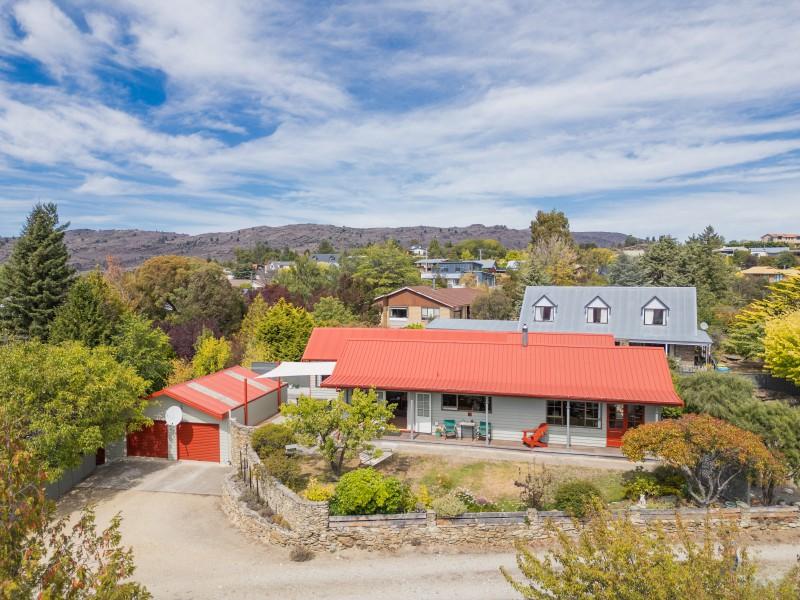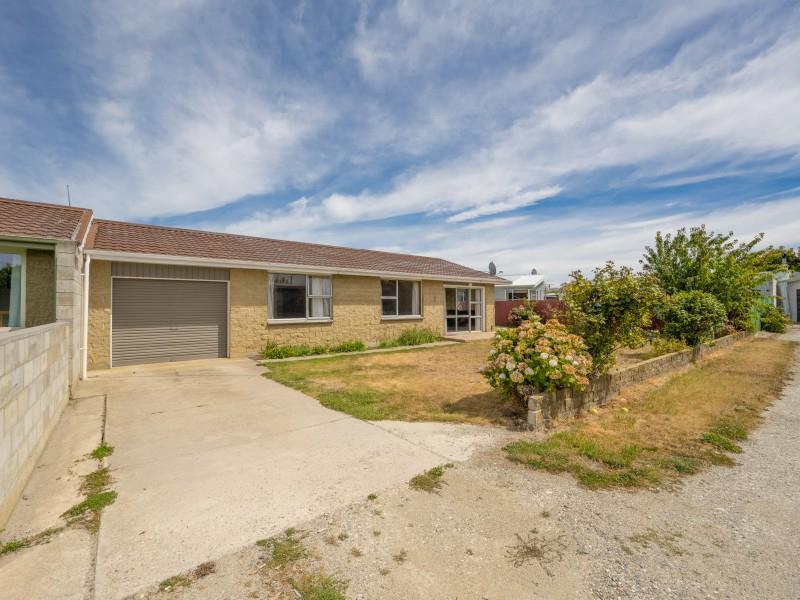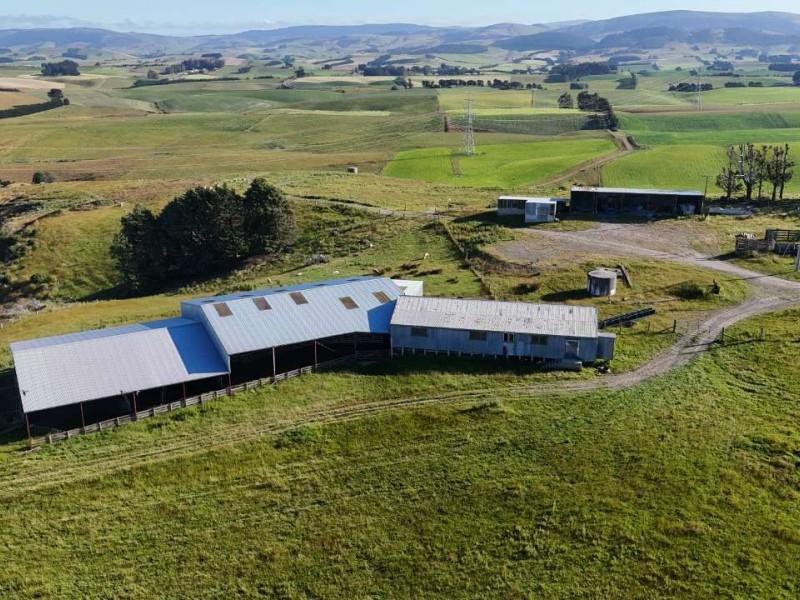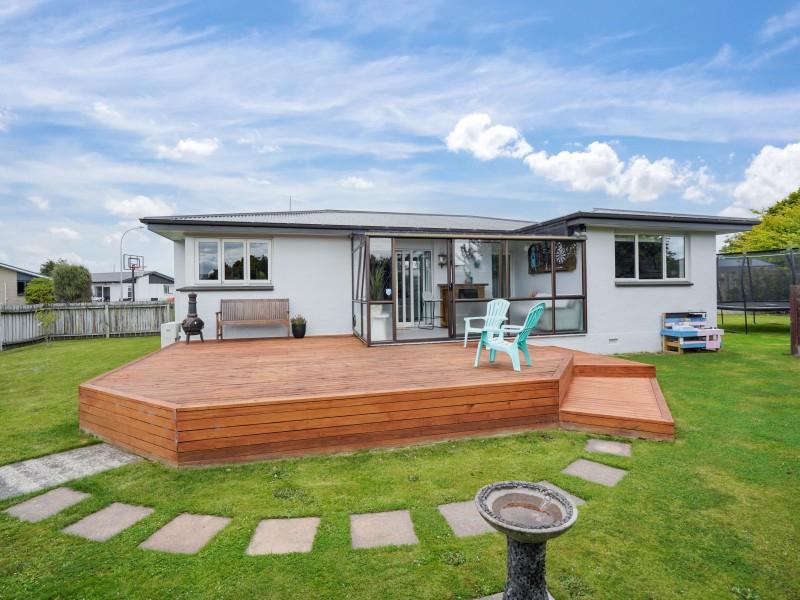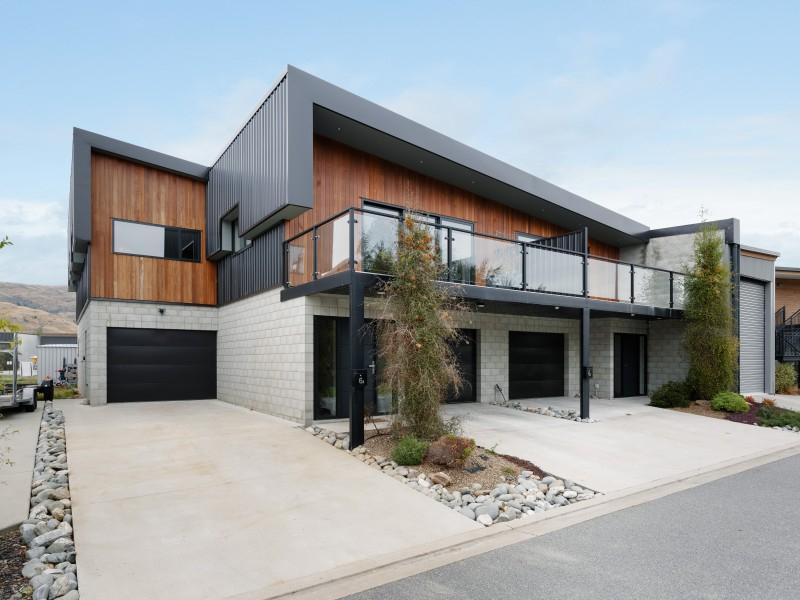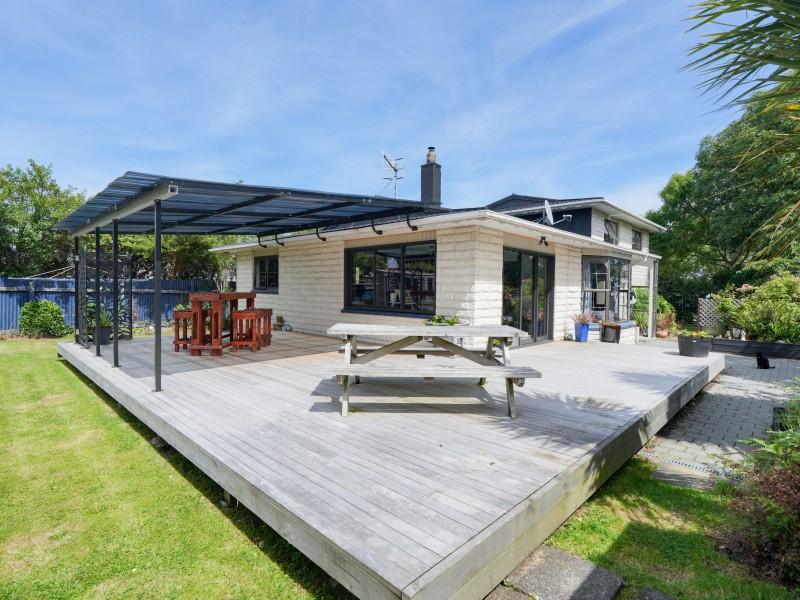Is Queenstown really bucking the housing market trend?
By reporter Miriam Bell:
Queenstown house prices remain the highest in the country, and its market appears to be going against the broader declining trend, experts say.
In the latest figures from Quotable Value (QV), the Queenstown-Lakes District is the only region to record a quarterly price increase. It has the average price up 0.2% to $1.69 million in September.
On an annual basis, the average is up 11.6% from the same time last year, and it is 4.5% higher than at the start of the year.
Likewise, CoreLogic has Queenstown’s average up by 0.4% last month, and by 12.9% annually, to $1.68m in September.
In contrast, both property companies show the national average, and prices in much of the rest of the country, on a downward trajectory.
And in Auckland and Wellington, there have been double-digit price declines since the market peak late last year, according to the Real Estate Institute.
CoreLogic chief property economist Kelvin Davidson says the Queenstown market is a small market, and that means its price and sales figures can jump around quite a bit on a monthly basis.
But its prices have remained pretty stable in the last six to seven months, over a period when prices in other markets have fallen, he says.
“There is a sense of stability, rather than prices continuing to rise markedly, but that is in a market that is already expensive and which has affordability issues.
“It is not immune to trends around interest rates and lending, so I wouldn’t rule out some price falls in future, even if they are smaller than elsewhere, but currently Queenstown’s market is holding up well.”
There were concerns about the Queenstown market’s future in the early days of Covid, but the area’s physical attributes and lifestyle appeal meant it was always likely to bounce back, he says.
“Those attributes remain in play, but now the borders have opened, and tourists are returning, so there is a degree of confidence that Queenstown will be okay. It has a market that looks different to elsewhere, and is bucking the trend.”
As in the rest of the country, sales are down. There were 80 sales in September, down from 101 in August and from 106 last September, Real Estate Institute figures show.
But the institute’s regional director, Gail Hudson, says owner-occupier inquiry has increased markedly, with interest from Auckland and other areas of the South Island remaining strong.
Genuine buyers are attending auctions, and open homes are busy, which shows there is still a good amount of interested buyers, although there is less urgency, she says.
Ray White Queenstown principal Bas Smith says fluctuations in sales are not uncommon as it is a much smaller market than the focus it attracts suggests.
But the decline in sales volumes from last year was not a bad thing as the market was crazy last year, he says.
“At the higher end of the market, particularly in the $2.5m to $3m land sale space, we are finding it very busy, and activity is steady generally.”
Queenstown’s market never really has huge falls in prices, and even during the global financial crisis they held relatively steady, apart from the apartment market which had been oversold previously, he says.
“It is viewed as a safe haven, and a desirable place to live. Many people are envious of the lifestyle that they see here, especially during lockdowns.
“That has fired up people around the country and in Australia, and left them keen to come here to tap into the lifestyle on offer, and pursue remote working options.”
The market is benefitting from that, with a bit of a flow of capital from Australia and Auckland into Queenstown real estate, and little drag in prices despite the slower market, Smith says.
Another factor that puts a floor under Queenstown prices is a shortage of housing, despite continued development of areas such as Frankton, and significant planned development in Wanaka.
Harcourts Queenstown sales manager Priscilla Uhrle says a shortage of land means that when land comes on the market it gets sold before titles are issued.
This is helping keep supply tight, and the fact that many local buyers are reluctant to list until they have sold, to ensure they have somewhere to move to, also contributes to the shortage of stock, she says.
“It was a bit quieter over winter, and spring seemed to come a month late, but open home numbers have really lifted and October was very busy.
“All the auctions we have done in recent weeks have sold under the hammer, with multiple bids. One entry level house in Fern Hill went on the market last week, got five offers right away, and is now under offer.”
While sales and price figures can vary each month due to the size of the market, prices do seem to be holding up well, she says.
“The last two years have taught me there is no point in making predictions about what the market might do, but currently it is moving at a good, steady pace.”
More local first-home buyers are being pushed into the market by rising interest rates, Uhrle says.
“The wait and see approach isn’t working for them, and they want to lock in a purchase before rates go up too much more, so what rates do next could make a difference in future.”
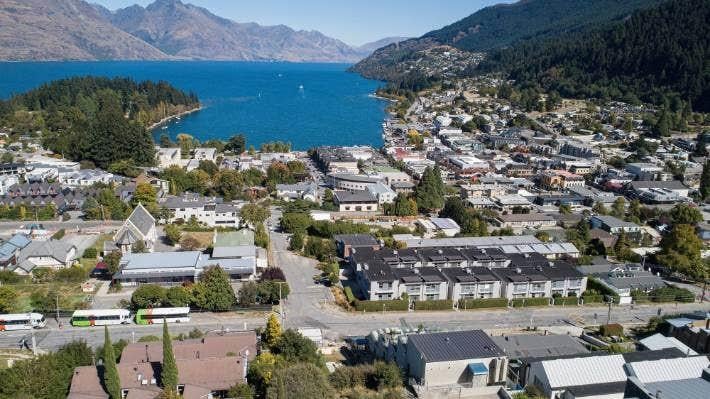
Poll: If we want to reduce speeding, what do you think actually changes driver behaviour? 🛻🚨🚓
In the Post's article on speeding penalties, the question is asked whether speeding fines are truly about road safety, or are they just a way to boost revenue for the Crown?
What do you think? Should speeding motorists receive speeding fines or demerit points?

-
37% The sting of a fine (Money talks!)
-
63% The threat of demerit points (Nobody wants to lose their license!)
Some Choice News!
DOC is rolling out a new tool to help figure out what to tackle first when it comes to protecting our threatened species and the things putting them at risk.
Why does this matter? As Nikki Macdonald from The Post points out, we’re a country with around 4,400 threatened species. With limited time and funding, conservation has always meant making tough calls about what gets attention first.
For the first time, DOC has put real numbers around what it would take to do everything needed to properly safeguard our unique natural environment. The new BioInvest tool shows the scale of the challenge: 310,177 actions across 28,007 sites.
Now that we can see the full picture, it brings the big question into focus: how much do we, as Kiwis, truly value protecting nature — and what are we prepared to invest to make it happen?
We hope this brings a smile!

Share your favourite main crop potato recipe and win a copy of our mag!
Love potatoes? We will give away free copies of the May 2026 issue to readers whose potato recipes are used in our magazine. To be in the running, make sure you email your family's favourite way to enjoy potatoes: mailbox@nzgardener.co.nz, by March 1, 2026.







 Loading…
Loading…